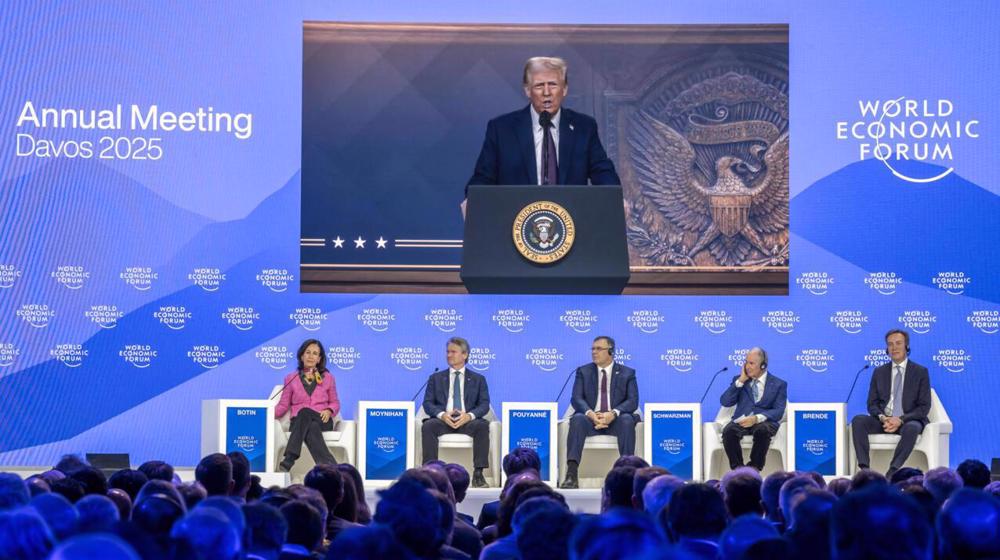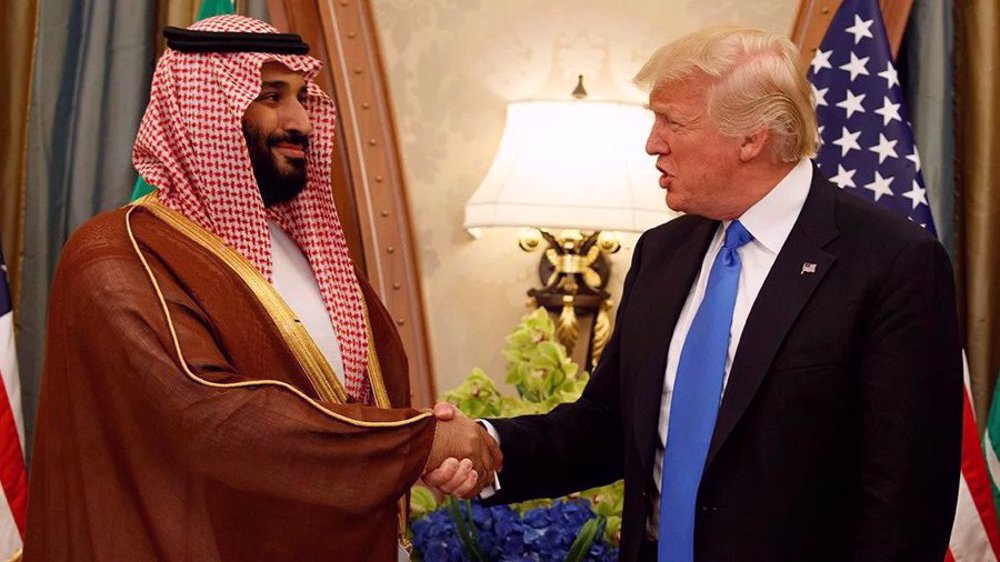Top US military official attempting to turn Persian Gulf Arab despots against Iran, Russia
The US military’s top policy official has attempted to turn Persian Gulf Arab kingdoms against Russia and Iran, insisting that they should be cutting ties with Moscow over its growing military ties with the Islamic Republic.
US Undersecretary of Defense for Policy Colin Kahl falsely claimed in prepared remarks during a confab in the Kingdom of Bahrain last week that Russia’s decision to purchase military drones from Iran will have blowback in the region in which US allies such as Saudi Arabia, the United Arab Emirates, and the Israeli regime regarding Iran’s military might among their biggest security concerns.
“A declining and isolated Russia is not only more firmly in Tehran’s camp but is more likely to find common cause with China and North Korea in pursuit of policies that challenge the norms and rules that benefit every citizen, government, company and non-government organization in this room and across the globe,” Kahl claimed during an address at the annual Manama Dialogue as quoted in a Friday report by the US-based Breaking Defense news outlet.
According to the report, Kahl’s remarks in such a venue seemed “a lightly-veiled shot at regional leaders — most notably Saudi Arabia — who have helped prop Moscow up in the face of sanctions put in place by Western nations” in the wake of the Ukraine conflict.
Kahl’s comments also included a pitch for why the Persian Gulf kingdoms should work with the US over China, on the basis that Beijing may make enticing offers, but that they come with the “intent” to “fundamentally reshape the rules-based international order.”
“In the Middle East, the PRC has no interest in mutually beneficial coalitions, and Beijing has neither the intent nor the capability to integrate the region’s security architecture,” he claimed. “The PRC pursues ties based on its narrow transactional, commercial, and geopolitical interests. Period.”
The US official made the remarks despite repeated denials issued by Iran and Russia about US-led claims that Tehran was providing Moscow with military drones for use in its conflict with Kiev.
IRGC: Legacy of Qassam Brigades martyrs eradicating ‘cancerous tumor’ of Israel
Hamas warns Israel of ‘significant price’ before showing off seized Israeli gun
Egyptians protest against Trump’s scheme to relocate Gazans
Prisoner thanks Gazans after release, says Israel tortures Palestinians
Trump blitzkrieg to drastically downsize US government
Hamas names three captives to be released Saturday
Iran determined to boost ties with Kyrgyzstan: VP
VIDEO | Trump orders to investigate, deport pro-Palestinian foreign students and staff










 This makes it easy to access the Press TV website
This makes it easy to access the Press TV website